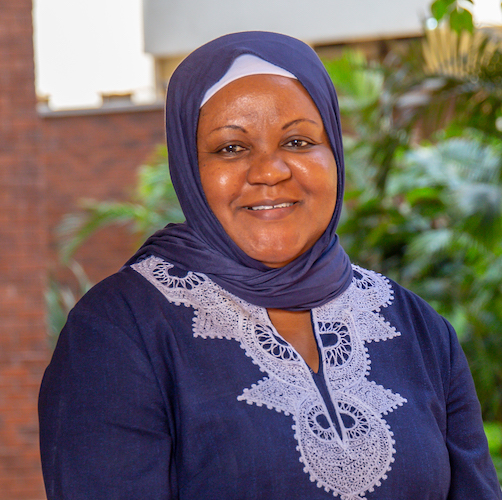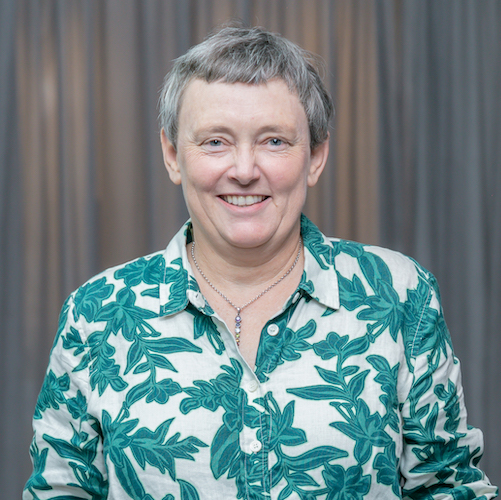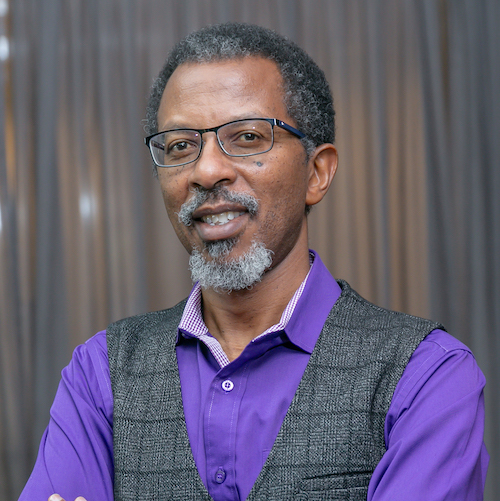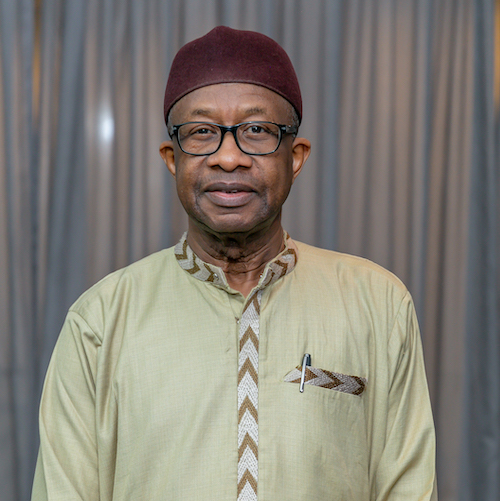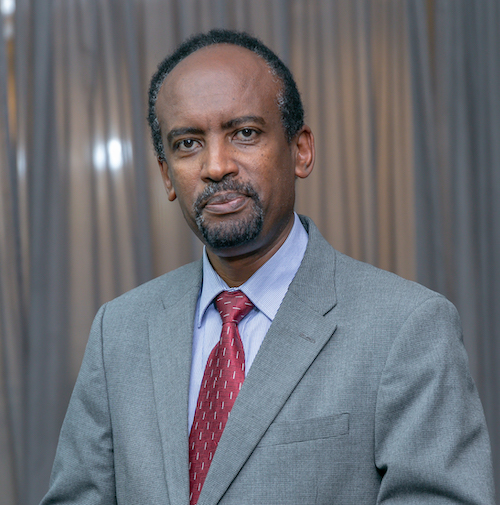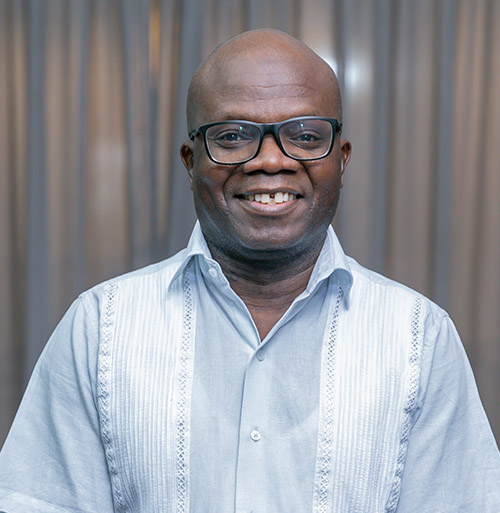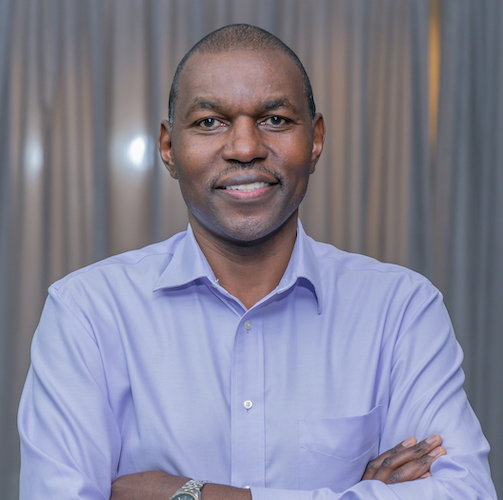
BEING Initiative
Envisioning a world where young people feel well
and thrive
Science Leadership for Transdisciplinary R&D | Mental Health Research and Development Programme |BEING Initiative
WHAT WE DO
BEINGThrough the Being initiative, the SFA Foundation initiative funds cutting-edge research, strengthen research ecosystems, and empower mental health professionals and innovators across Africa, Asia, Europe and Latin America.
Being is an international mental health initiative envisioning a world where young people feel well and thrive. With a focus on prevention and promotion, the initiative works with young people to improve their mental health and wellbeing through research, ecosystem engagement and innovation in 13 priority countries: Colombia, Ecuador, Egypt, Ghana, India, Indonesia, Morocco, Pakistan, Romania, Senegal, Sierra Leone, Tanzania, and Vietnam
The SFA Foundation will play a crucial role in supporting Being’s objectives by overseeing cutting-edge research projects, strengthening research ecosystems, and empowering mental health professionals in the 13 priority countries, while ensuring that the voices and needs of young people and individuals with lived experience of mental health challenges are heard.
Being is hosted by Grand Challenges Canada in partnership with Fondation Botnar, United for Global Mental Health, the UK’s National Institute for Health and Care Research (NIHR), and SFA Foundation.
SFA Foundation will support the initiative to:
- Strengthen the quality of mental health science.
- Improve research training through collaboration, joint supervision and scientific discourse.
- Generate public engagement with science through increased scientific citizenship activities among researchers, policymakers and non-scientific publics.
- Build thriving, sustainable enabling environments in which mental wellbeing through research and innovative youth-focused approaches create positive, lasting change in local communities and beyond.
The three phases of our work cover:
- Identifying R&D priorities for mental health in the global regions where Being is implemented. The SFA Foundation has developed a robust process to identify continental and LMIC research priorities, set scientific research agendas and maximise return on funder investment in research for the benefit of the continent and humankind, including identification of national, regional, and international development policies and research areas with the greatest potential to positively impact the subject population.
- Providing competitive grants. The prioritisation exercise will inform the design, launch and implementation of competitive grants in mental health which will be based on the SFA Foundation “Hub and Spoke” Consortium Model in which the lead institution is the “hub” and other participant institutions are “spokes”, to create a network of funded institutions.
- Managing programmes to support the work of consortia to deliver projects and research that provide opportunities and platforms for young people to share their perspectives on mental health. These perspectives are used to enrich proposed research and innovations.
Historically, research has been the preserve of a select few, operating in a highly specialised social system. This structure has reinforced the exclusion of most research end users, including young people. Being recognises this inconsistency and seeks to involve more beneficiaries of research, particularly youth: 42% of world population is under the age of 25, and the median age skews even younger in Africa. Through Being, researchers and innovators will develop initiatives that facilitate meaningful engagement, involvement, and participation of young people.
Learn more about the Being initiative at www.being-initiative.org!

Through Being, researchers and innovators will develop initiatives that facilitate meaningful engagement of the youth.
How will science policy engagement drive impact:
- If R&I is to deliver maximum impact and positively change the lives of African people and societies, findings from Africa led R&I research programmes should be translated into recommendations that can be implemented within policy and practice in Africa.
- Contribute to efficiency and effectiveness within programmes through best practice.
- Ensure the right questions are formulated, asked, and answered through an African lens.
- Highlight gaps and key points of evidence within context and in an accurate manner to facilitate comprehension and use.
- Promote shared understanding, trust and collaboration for meaningful work that drives change regionally and globally
- Place African experts and policymakers at the centre of science-led policymaking processes in Africa
- Place contextually relevant data and perspectives at the centre of science-led decision-making process in Africa.
Activities being implemented by SPEAR
Artificial intelligence (AI) and Data Science policy gaps from an African perspective. The African STI landscape is witnessing the emergence of AI and Data Science across various sectors. However, for these technologies to have their full positive impact, it is crucial to develop trust among stakeholders and formulate contextualized policies that support their implementation in the region. This grant aims to address these areas by:
- Convening African stakeholders to examine and comprehend the policy gaps in AI and Data Science in global health from an African perspective, focusing on but not limited to genomics, clinical trials/drug development, and epidemics/pandemics.
- In collaboration with African partners, identifying the research and development goals of AI and data science for the betterment of global health from an African perspective.
- Engaging the public on AI and Data Science policy
" If scientific results are not shared broadly, then the societal benefits are significantly limited. We have a responsibility to ensure that policymakers have access to the best, relevant and up-to-date knowledge available. To achieve Africa’s sustainable development goals, it is critical that policy decisions are informed by contextually relevant evidence”. - Uzma Alam, SPEAR programme lead.
